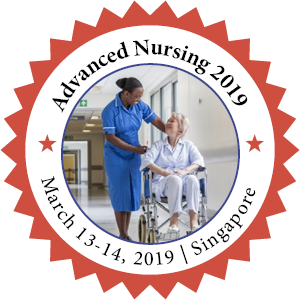
Biography
Biography: ORUK EMMANUEL
Abstract
Globally , Neonatal nursing remains a subspecialty of nursing that works with newborn infants born with a variety of problems ranging from prematurity, birth defects, infection, cardiac malformations, and surgical problems. However, Neonatal Nursing faces a huge challenge in a developing countries for instance Uganda and developed countries for instance United States of America to a minimal extent. According to (UNICEF), Every year, 2.6 million babies die before turning one month old. One million of them take their first and last breaths on the day they are born. Another 2.6 million are stillborn. Approximately 40,000 low-birth-weight infants are born annually in the United States. Because of significant medical advances and the efforts of physicians and neonatal nurses who provide for very vulnerable babies quality care, survival rates are 10 times better now than they were 15 years ago. In regards to methodology, a systematic review of literature in the following databases which included United Nations Children’s Fund (UNICEF), World Health Organization (WHO), Global Health Observatory data (GHO) provided in depth substantial and comprehensive literature beneficial to this paper. Research findings further indicated remarkable innovation advancement to aid neonatal nurse practitioners in diagnosing and treating conditions that are commonly present among premature children for instance Phototherapy, Artificial Womb, The Heart Rate Observation System (HeRO), Artificial Surfactant and Pea Pod innovations in quality care for neonates.
The Purpose of this paper is to critically examine the evidence to determine advancement and innovations in neonatal nursing. This paper therefore seeks: (1) to explore the innovative/sustainable strategies necessary to increase awareness on neonatal nursing, (2) to highlight technological advancements in neonatal nursing, (3) to identify necessary medical policy framework integration in filling the gaps created by existing policies to enhance neonatal nursing capacity globally.

